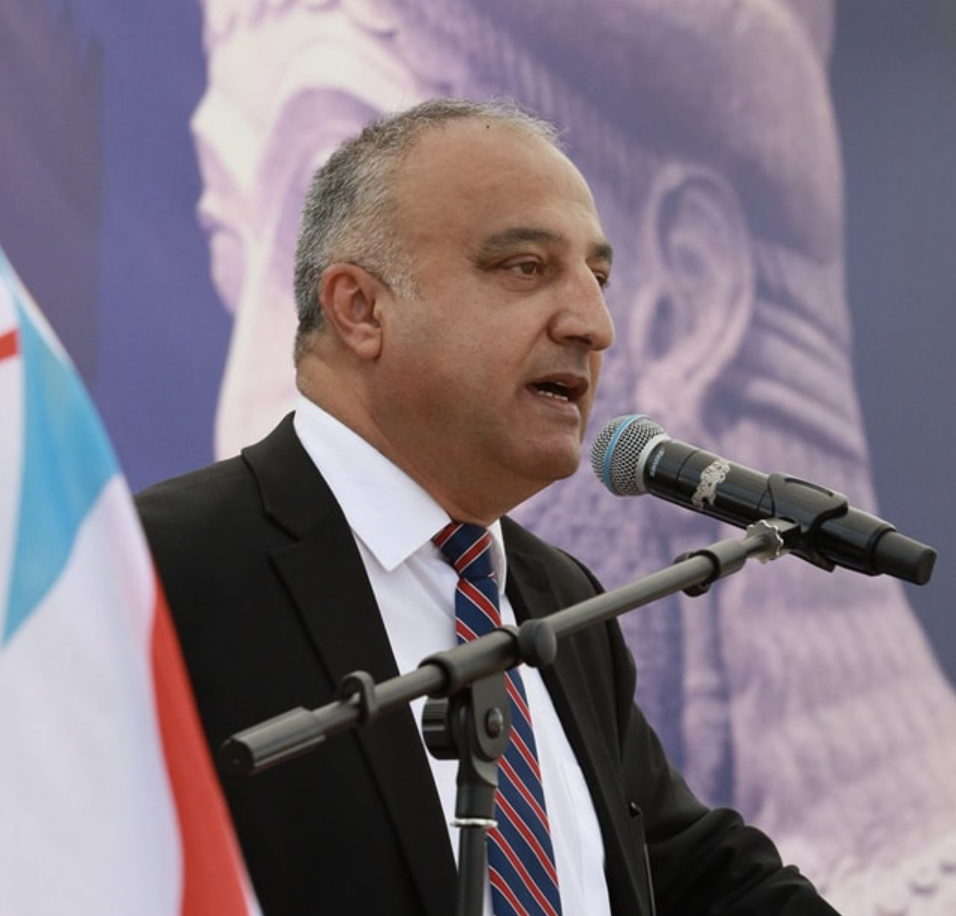Enlil Odisho, an Assyrian political figure based in Chicago, argued in a recent op-ed published in the Middle East Forum that U.S. support for the Kurdish administration in Northern Iraq has had a detrimental impact on the indigenous Assyrians of the region.
"Washington has empowered an ethno-nationalist project that marginalizes the indigenous people and replicates the principle of oppression the U.S. claims to oppose," he writes, referring to the United States’ political, economic, and military support for the KRG.
In the article, Odisho details a series of Kurdish abuses against Assyrians, including land seizures, describing them as a "slow-motion erasure that has unfolded with the tacit approval - and often material support - of the United States."
He makes the claim that the KRG markets itself as a refuge for persecuted minorities by showcasing Assyrians, Yazidis, and others to project an image of tolerance while, he writes, "the people paraded as evidence of Kurdish benevolence are, in reality, denied rights to their property, excluded from governance, and reduced to token minorities in their own homeland."
Odisho further contends that the KRG increasingly co-opts individuals from the Assyrian community through symbolic appointments, ceremonial roles, or handpicked spokespeople in order to present a false image of inclusion.

Demanding a change in U.S. policy
"Instead of enabling Kurdish domination," Odisho suggests: "U.S. policy should support the establishment of an autonomous Assyrian region in the Assyrian Triangle – including the Nerwa-Rekan region – governed by its own people, protected by its own security forces, and integrated into Iraq’s federal system under Article 119 of the Iraqi constitution."
Enlil Odisho is a leading figure in the United for the Assyria Activist Network. The network organized a series of demonstrations in Chicago in 2023 and 2024 and is affiliated with the Assyria Patriotic Movement, which describes itself as an organization of activists working across different countries in the Assyrian diaspora.











